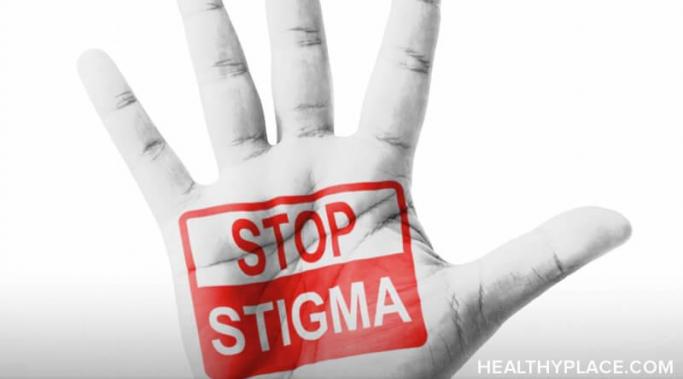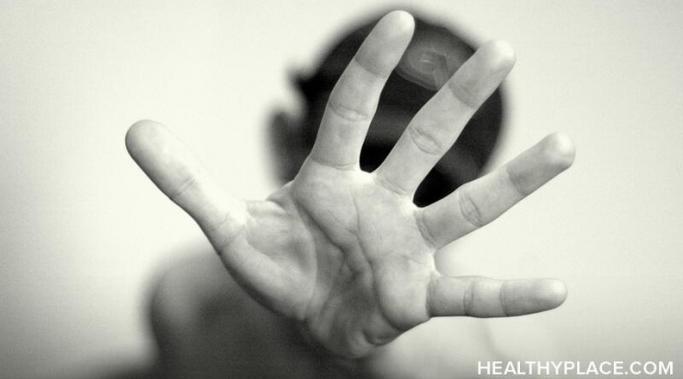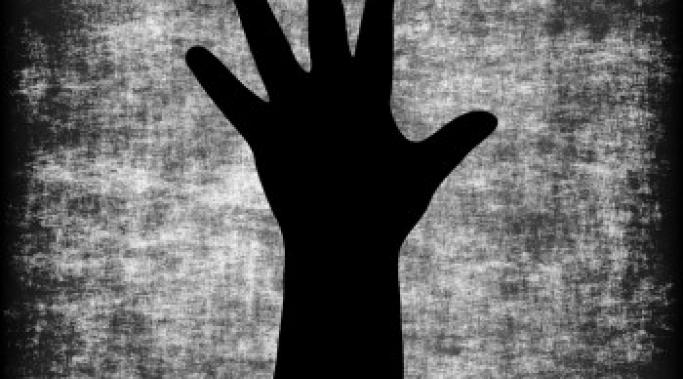Having community support when living with dissociative identity disorder (DID) is an important part of dealing with the disorder. Dissociative identity disorder can feel like a burden in more ways than one. In addition to dealing with the multiple conversations happening in your mind, you need to maintain your “outer shell,” or the parts that other people interact with the most. What do you do when the people around you are unaware of your condition?
Disclosure
Living with dissociative identity disorder (DID) often feels like living with a secret; so opening up about your DID diagnosis is difficult. Many people who have the condition, including myself, are stealth-like in hiding it. Because it’s a mental health condition, as opposed to a physical ailment, it’s easier to hide from the naked eye. However, this doesn’t mean that it isn’t a burden. It can help to have friends and family members in the know, as they can provide invaluable support, but how do you open up about your DID diagnosis the first time?
Getting the dissociative identity disorder (DID) support you need is challenging, to say the least. Living with DID, I hear a constant internal dialogue and must manage the wants and needs of all of my individual personalities, which can be downright exhausting. Needless to say, not everyone on the outside can see what’s happening on the inside, which can make it difficult for me to express how I’m feeling on a regular basis. How do you communicate your own needs to the ones you love to get the DID support you need?
I'm not dangerous, although some people think people with mental health disorders are dangerous -- especially, it seems, when it comes to dissociative identity disorder (DID). A diagnosis of DID can bring about a lot of changes. The person can feel different, sometimes better, knowing that they have a diagnosis, and sometimes worse, knowing that the diagnosis is not an easy one. Treatment can include a variety of medications and really difficult, intense therapy. Then there are the changes that you experience from people on the outside, some of whom don't believe I'm not dangerous. While many people are supportive, there is no denying that a DID diagnosis comes with a tremendous stigma that can change a person's life forever.
I hear voices because of my dissociative identity disorder (DID), but I'm not psychotic. Hearing voices is a symptom experienced by many people who have DID. These auditory hallucinations are not the same as those experienced in psychosis; they are internal rather than external. Hearing voices is a normal part of having DID, but is a misunderstood symptom.
I have dissociative identity disorder (DID), and since I write about DID, it may seem like living and functioning with this disorder is possible. But is that the reality? Dissociative identity disorder is a complex disorder. There are dozens of symptoms for DID and no concrete cure. This disorder affects all aspects of your life. And even though I'm a DID writer who seems to have it together when it comes to my disorder, I have a confession to make.
There are people who fake having mental illness for many reasons, and dissociative identity disorder (DID) is one of the many illnesses that is faked. Some people claim to have DID, then come out to friends, family, and/or support groups that they have been faking their DID. But is it really faking, or is there something else really going on?
With more than 1% of the population having dissociative identity disorder (DID), it's more likely than not that you know someone who has DID. He or she may be open about his or her diagnosis, or you may suspect the disorder even though he or she hasn't admitted it. So, what should you do if you think someone you know has DID?
Disclosing a dissociative identity disorder (DID) diagnosis is a personal choice. There are many options regarding dos and don'ts of disclosure, and all of the pros and cons should be considered before making a decision. It is especially important to consider the risks of disclosing a DID diagnosis, and be prepared for any negative consequences that may come as a result of being open.
Self-care involves taking care of your physical, mental, and emotional needs, and is especially important for people with dissociative identity disorder (DID). One component of self-care that is essential for people with DID to practice is setting boundaries. Healthy boundaries are necessary in order to maintain good health. Setting these boundaries and communicating your needs can make managing life with DID a little easier.







